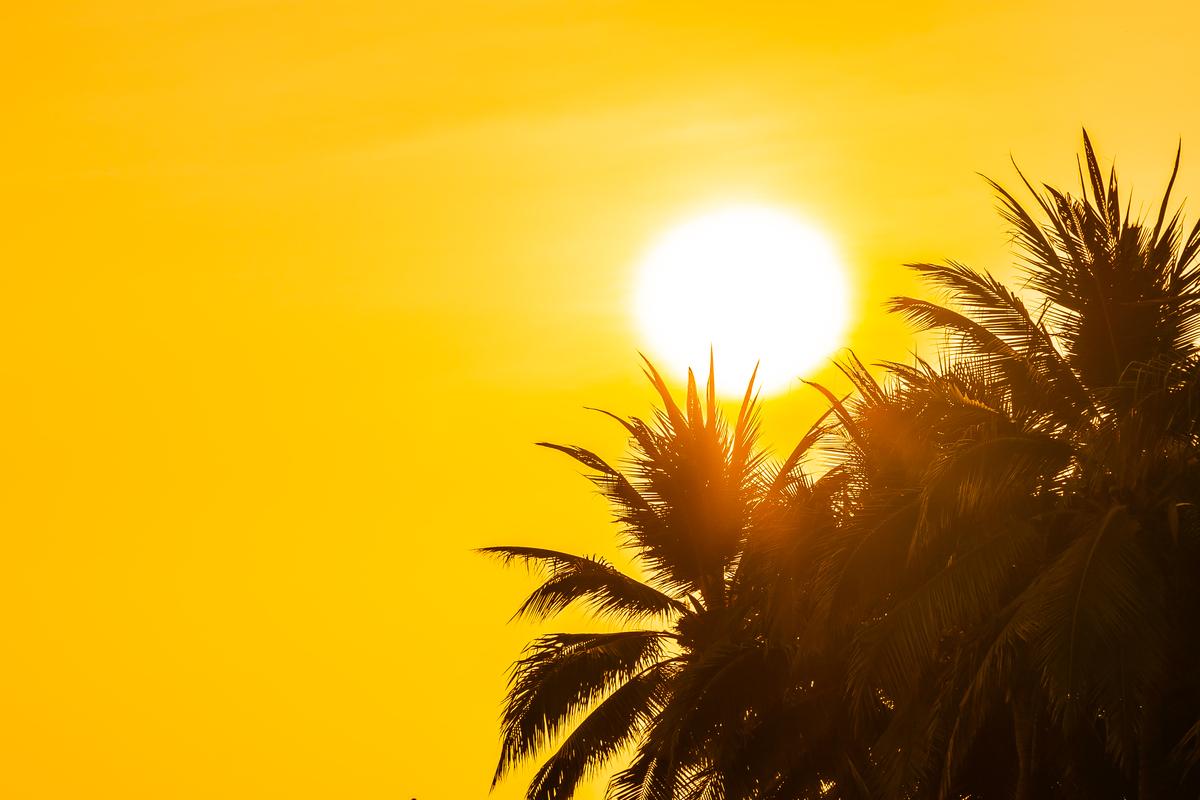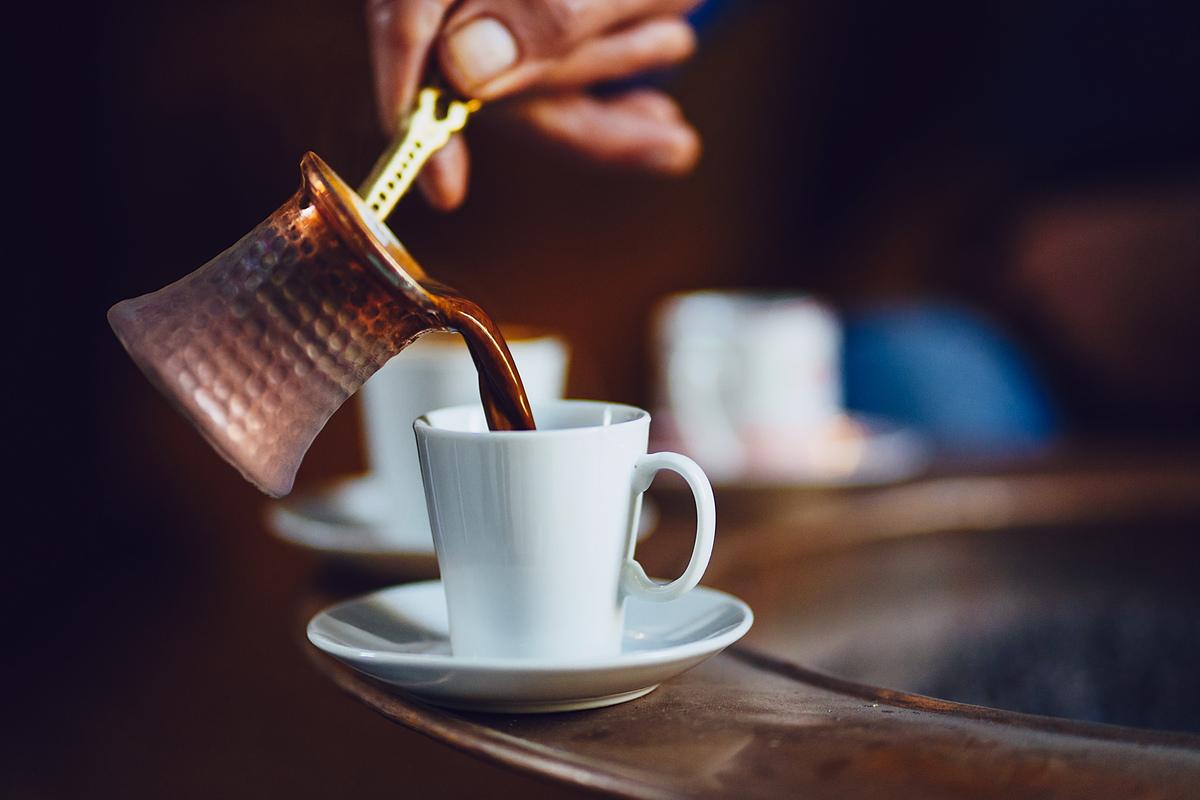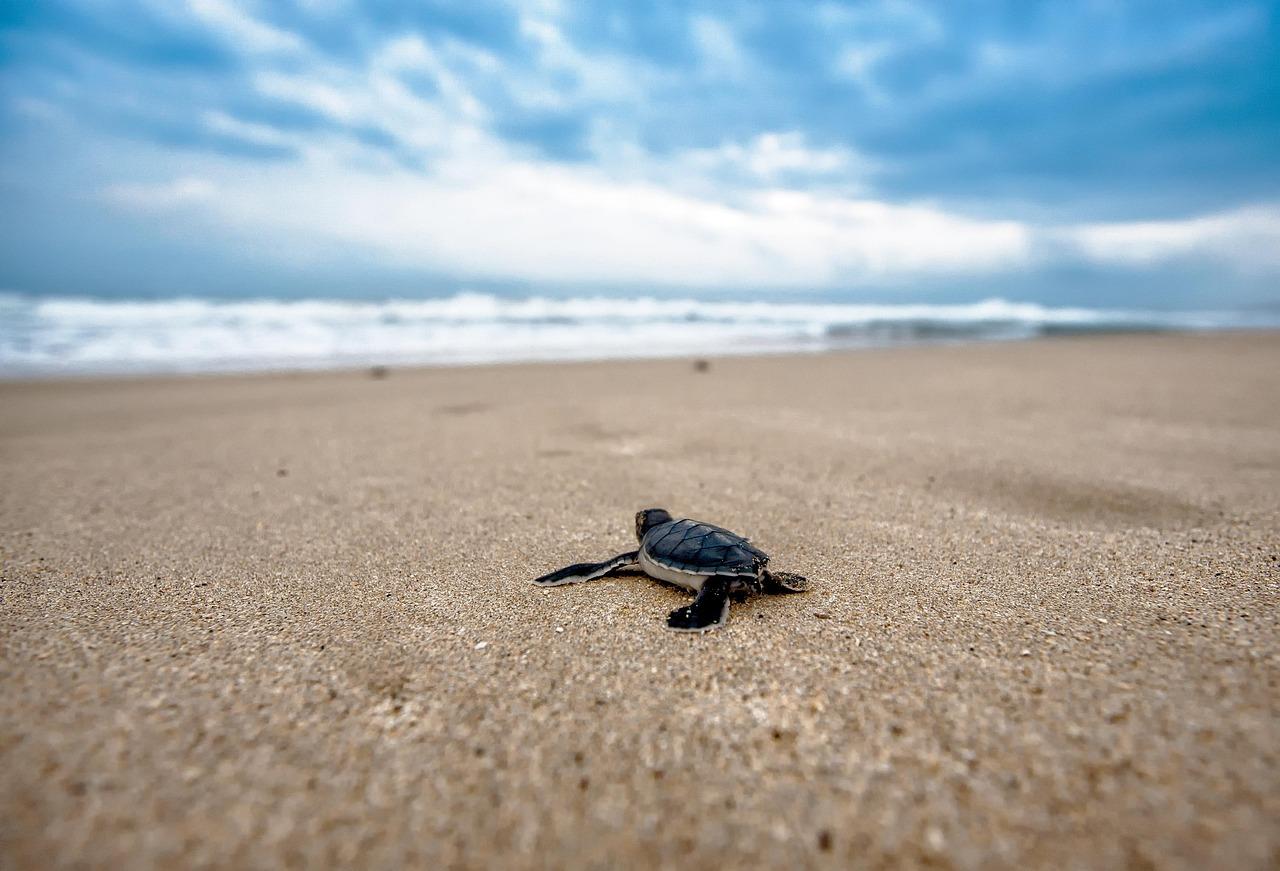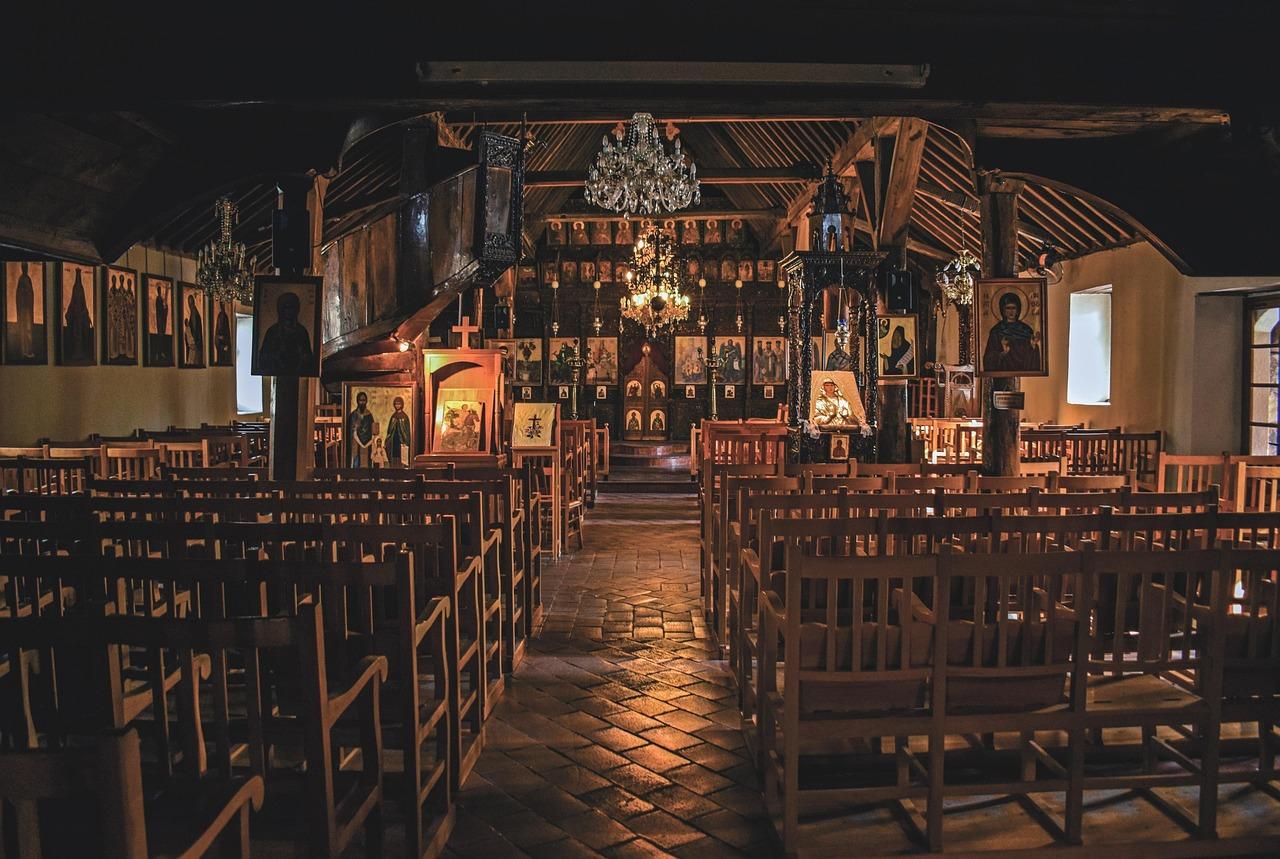Cyprus is famous for its stunning beaches, rich history and warm hospitality, making it one of the Mediterranean’s most beloved holiday destinations for people from all over the world. But just like any place with deep cultural roots and unique traditions, it comes with its own set of written and unwritten rules. Before traveling you should learn what tourists should not do in Cyprus. Read this text to be fully prepared and know what is better not to do on the island.
Don’t underestimate the sun and the need for hydration
Cyprus enjoys more than 300 days of sunshine a year, but in the peak summer months of July and August the heat can be intense, with temperatures often exceeding 40°C (about 104°F) inland. Sunburn and dehydration are common among all those visitors who underestimate how quickly the sun can take its toll there. Wearing a wide-brimmed hat, applying high-SPF sunscreen, drinking water regularly are essential, not optional. Long walks especially in historical areas can be deceptively draining, so it is crucial that you take breaks in the shade and carry a reusable water bottle.

Don’t drive on the ‘European’ side of the road
Cyprus follows the British model: driving is on the left, cars have the steering wheel on the right in British-style vehicles, markings follow UK patterns. Tourists from all over Europe or other countries sometimes forget about that and start driving on the right, which is very dangerous. If you rent a car, take a minute or two to adjust before heading out: check your mirrors, start slowly and remember that the dividing line of the road should always be on your right. This rule of thumb will be very helpful when overtaking, entering roundabouts and turning.
Don’t call Cypriot coffee ‘Turkish’
Coffee made in a small, long-handled pot with a pouring lip is very often called Turkish coffee in Europe. But in Cyprus, you should refer to it as ‘Cyprus coffee’ or, at least, Greek coffee (acceptable but not preferable). It comes with a fine foam on top and a thick sediment at the bottom, and you should avoid drinking the very last sip unless you enjoy coffee sediment.

Don’t ‘reserve’ sunbeds with a towel for the entire day
On many tourist beaches of the island, that is how you can quickly irritate both locals and fellow travelers, especially when others are actively looking for a place to take. In certain municipalities such as Paralimni-Deryneia this practice is illegal: your belongings will be removed. Some hotels may tolerate short absences, but leaving a sunbed unused for half the day can lead to other guests there simply ignoring your ‘reservation.’
Don’t ignore rules protecting nature and wildlife
There are certain rules that help you respect the environment and wildlife of Cyprus. For example, on the so-called ‘turtle beaches,’ where these animals nest, using sunbeds and umbrellas is not allowed. In the forests, lighting fires is prohibited except in designated areas known as ‘picnic sites.’ Forest fires pose a serious risk in Cyprus, especially during the summer.

Don’t call the North the ‘Turkish Republic of Northern Cyprus’
The official position of most countries (including the UK) is to officially recognize only the Republic of Cyprus. The northern part of the island is often referred to by Greek Cypriots as the ‘occupied territories.’ This is a very sensitive issue: wrong terminology can trigger a strong emotional reaction. For many Cypriots, 1974 was a personal tragedy. If the subject comes up, speak delicately, listen and avoid strong judgments or sweeping political verdicts in casual conversation.
Don’t ignore dress codes in churches and mosques
Cyprus has a rich religious heritage, with historic churches, monasteries and mosques that are active places of worship as well as cultural landmarks. When visiting these sites, modest clothing is expected: ideally, shoulders and knees should be covered, regardless of the season. In mosques you will also be asked to remove your shoes before entering. In churches men should take off hats. On service days, try to avoid moving around during prayers and keep your voice low to respect the worshippers.

Don’t ‘export’ antiquities
Cyprus’s long history means the island is full of archaeological treasures, from ancient pottery to Byzantine icons. The sale and export of genuine antiquities are strictly regulated by law, and attempting to take such items abroad without proper permits can lead to heavy fines or even prosecution. The island’s heritage is for future generations.
Don’t assume that speaking English means you can ignore the local culture
It’s true that many Cypriots speak English fluently, a lot of them studied or lived in the UK. But this doesn’t mean you can treat the island as if it were just an extension of home. Respect for local traditions, public holidays and social customs goes a long way in building friendly interactions. For example, banks close early in the afternoon, pharmacies have a break during the day, everything is closed on Sunday, religious processions might temporarily block roads, etc. Taking the time to learn a few Greek phrases, greeting people politely, and showing an interest in Cypriot ways of life will make your stay far more pleasant and rewarding, while also leaving a good impression on the locals you meet.
Read also:

